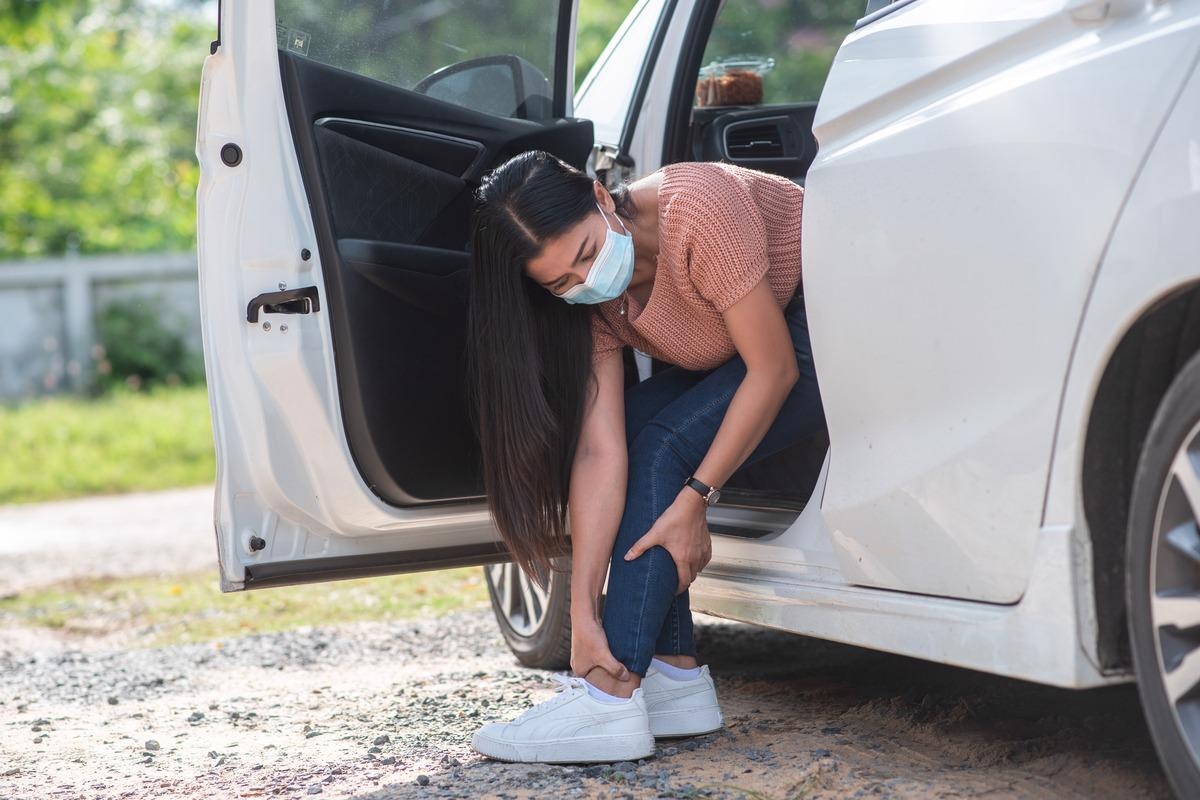With the onset of the devastating coronavirus disease 2019 (COVID-19) pandemic, caused by the severe acute respiratory syndrome coronavirus 2 (SARS-CoV-2), vaccine development efforts began to be pursued rapidly. With the successful rollout of the newly developed vaccines, the rates of severe disease, hospitalization, and death due to the virus began to go down.
At the same time, significant vaccine hesitancy was observed in a number of countries, owing to the speed of development, the use of new platforms and reports of serious adverse effects and deaths following vaccination. Guillain-Barre Syndrome (GBS) has been reported among the more severe side effects.
 Study: Guillain-Barré Syndrome following SARS-CoV-2 vaccination: is there a real association? Image Credit: KBL Studio/Shutterstock
Study: Guillain-Barré Syndrome following SARS-CoV-2 vaccination: is there a real association? Image Credit: KBL Studio/Shutterstock
A new paper printed in Neuroimmunology Reports reports on the results of a study exploring the association between the viral vaccine and the GBS complication.
Background
GBS is not unique to COVID-19 or to vaccination with any of the COVID-19 vaccines now available. Indeed, it is the most frequent cause of acute flaccid paralysis worldwide, occurring at an incidence of 0.9 to 1.9 per 100,000 individuals. It is found to present in two ways, distinguished by their electrophysiology.
One is acute inflammatory demyelinating polyneuropathy (AIDP) and the other category contains axonal variants, such as acute motor axonal neuropathy (AMAN) and acute sensorimotor neuropathy (AMSAN). The former is more common in the USA and Europe, making up 90% of cases.
Large-scale vaccination programs against rabies, hepatitis A, hepatitis B and the flu, have been reported to be associated with GBS, which led to the current study, published in the journal Neuroimmunology Reports.
Earlier, the USA and Qatar reported the first GBS cases after vaccination with the Pfizer/BioNTech nucleic acid BNT162b2 vaccine.
In the current study, a Mexican case series of 53 GBS patients is reported.
What did the study show?
Among the 53 patients with GBS, forming a consecutive series, 13 had received a COVID-19 jab and five had been previously infected with the virus. None of the patients were able to walk unassisted at the time of admission, which was, at a median, at 18.5 days from vaccination.
Most showed typical clinical features, that is, flaccid bilateral limb weakness and decreased or absent deep tendon reflexes. Three of the vaccinated patients needed to be put on mechanical ventilation for 34 days, on average.
Lumbar puncture was carried out in seven patients within a week of symptom onset, reducing the yield of the characteristic albumin-cytological dissociation. The same number had nerve conduction data. Half the vaccinated patients fulfilled Brighton criteria at level 1 certainty, a quarter were at level 2, and two at level 3. All were treated, most of them with intravenous immunoglobulin (IVIG), and two with plasma exchange.
The researchers found a higher incidence of AIDP-GBS in 2021 among these cases, at 51%, vs 49% in 2020, and 34% in 2019. The majority of cases were of the AIDP variant, though in previous Mexican epidemiological studies it has been more commonly the axonal variant that is identified.
Bilateral facial palsy was found in over half the patients, characteristic of the demyelinating subtypes.
The cases in January February and July-August of 2021 were significantly higher than in previous years. For instance, the GBS cases made up 28% and 32% during these two periods of 2021, but only 8% and 14% over the same periods in 2019.
About 63% of the patients were able to walk independently at three months.
Implications
GBS is an abnormal inflammatory response targeting the peripheral nervous system. In about 70% of cases, it is triggered by a respiratory, gut or other infection, and sometimes by a vaccine. In the current study, eight GBS cases were found to have occurred within six weeks of a COVID-19 vaccination. Five of them had a history of prior SARS-CoV-2 infection.
The currently available vaccines are claimed to be highly effective in preventing symptomatic disease, at 90%, with 60% efficacy against infections and 50% reduction in deaths. As with other widespread vaccine campaigns, they can cause an aberrant inflammatory response like GBS. In fact, an earlier flu vaccination campaign among new army recruits in 1976 was associated with a ten-fold rise in GBS cases over the next six weeks.
This was postulated to be an abnormal immune response to the flu short, perhaps because of bacterial contaminating antigens that mimic human neural proteins, or vaccine-elicited anti-neuronal antibodies, but no proof has turned up so far.
In 2009, the H1N1 monovalent flu shots were associated with a small increase in the number of GBS cases, but the risk was higher among the unvaccinated, at >9 vs 6.6 per million in the vaccinated.
In the current situation, the SARS-CoV-2 spike protein is known to attach neuronal surface glycoproteins and gangliosides containing sialic acid, which could explain why the antibodies elicited by the vaccine attack these neuronal proteins. Though GBS cases were not found to be increased in 2020, they were higher in 2021 at the hospital center where this study was carried out, it being the primary referral center for neurological patients in Mexico City and its environs.
The change to AIDP may be due to better infection control after the implementation of social restrictions with the onset of the pandemic. The GBS cases in vaccinated patients are seen following shots with Sputnik V or Oxford-AstraZeneca vaccines, or Johnson and Johnson vaccine, all of which are viral vector vaccines.
Overall, however, the low GBS incidence in vaccinated patients compared to non-vaccinated people should encourage the active propagation of the vaccine program.